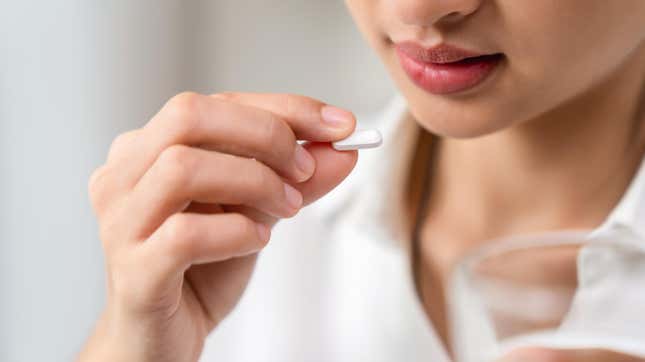Federal Judge Sides With Religious Clinic That Wants to Lie to Patients About Abortion Reversal
This ruling temporarily stops a Colorado law meant to ban medical professionals from prescribing a regimen that erroneously claims to reverse abortions.
AbortionPolitics

On Saturday, a U.S. District Court judge in Colorado blocked a law that would have banned the abortion reversal pill in the state, siding instead with a Catholic medical clinic that wants to keep offering these “pills,” despite the very important fact that they don’t work and aren’t real.
In April, Colorado Democrats passed Senate Bill 23-190, which would have made offering abortion pill reversal “unprofessional conduct” for medical professionals. The state’s pharmacy, nursing, and medical boards could have overruled it, but all agreed that doctors offering abortion reversal are performing activities outside “the generally accepted standard of practice.” Under the law, medical professionals offering such services would come under board investigation and face discipline on a case-by-case basis. The bill was part of a larger package to help expand access to reproductive care in Colorado.
Hours after Gov. Jared Polis signed the bill into law on April 14, Bella Health and Wellness sued the state, saying that the abortion reversal part of the bill violated their First Amendment freedoms.
In the U.S., a medication abortion uses two types of pills, mifepristone and misoprostol. Abortion pill reversal claims a patient can take progesterone pills to stop the effects of mifepristone if they’ve changed their minds and haven’t yet taken the misoprostol.
-

-

-

-

-

-

-

-

-

-

-

-

-

-

-

-

-

-

-

-

-

-

-

-

-

-

-

-

-

-

-

-

-

-

-

-

-

-

-

-








































